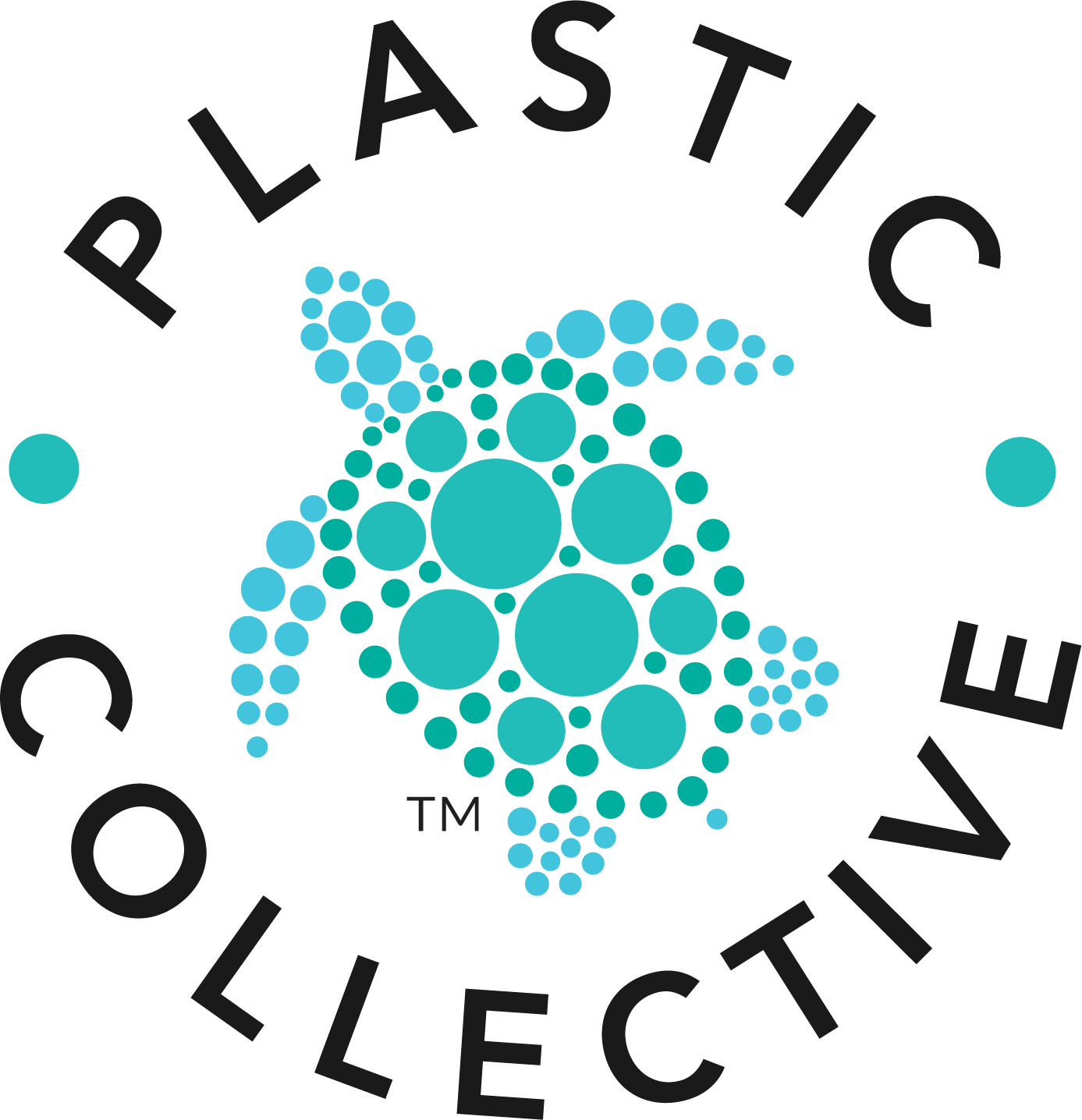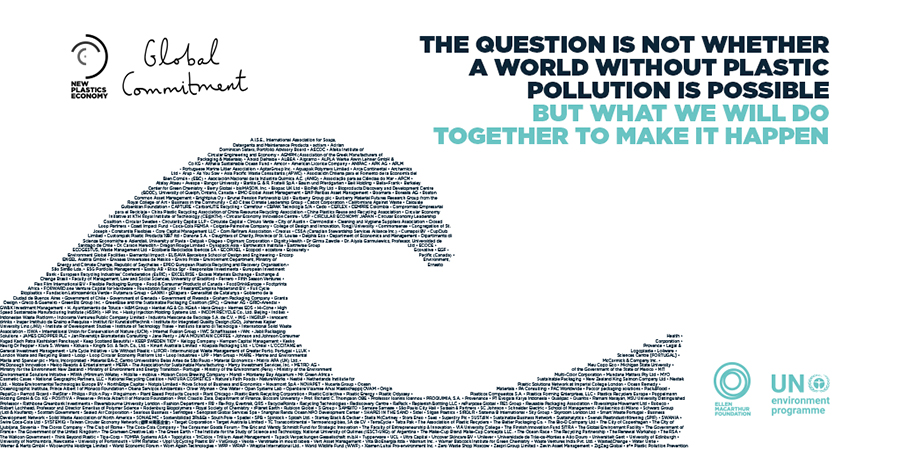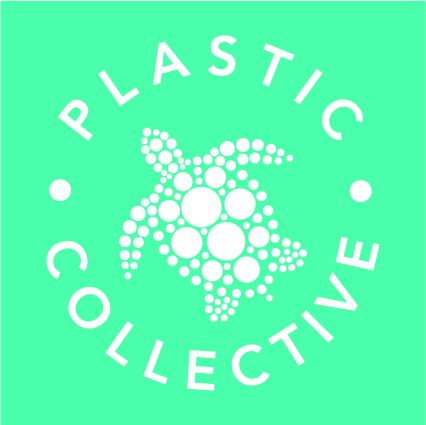Ellen MacArthur Foundation and UN Environment Programme publish first annual New Plastics Economy Global Commitment progress report
“Addressing plastic pollution requires a fundamental system shift, from a linear to a circular economy for plastic, which is at the core of the New Plastics Economy Global Commitment. The 2019 Progress Report shows how leading businesses and governments are taking actions in such a systemic way, thusdemonstrating this makes business and political sense. The benefits represent a huge opportunity, and the concerted approach leaves no excuses not to act. We need all actors to work together in the plastic pollution crisis: UN Environment Programme calls on all relevant businesses and governments to join the Global Commitment to fight against plastic pollution as part of the implementation plan ‘Towards a pollution-free planet’.” ~ UN Environment Programme Executive Director, Inger Andersen
We are proud to have signed the New Plastics Economy Global Commitment.
The question is not whether a world without plastic pollution is possible, but what we will do together to create it.
That’s why Plastic Collective has signed the New Plastics Economy Global Commitment. The commitment
calls on companies and governments to eliminate the plastic we don’t need, to innovate so that all plastic we do need is 100% reusable, recyclable, or compostable, and to circulate all the plastic we use.
Read the New Plastics Economy Global Commitment progress report 2019 to learn more about what we, and others around the world, are doing to make it a reality.
Our purpose at Plastic Collective is to show people how to find value in plastics as a resource, to understand which plastics can be recycled or recovered, and provide solutions to eliminate those which can’t be, thus preventing disposal of plastics. This will create sustainable circular economies which no longer rely on the ‘take-make-dispose’ attitude.


